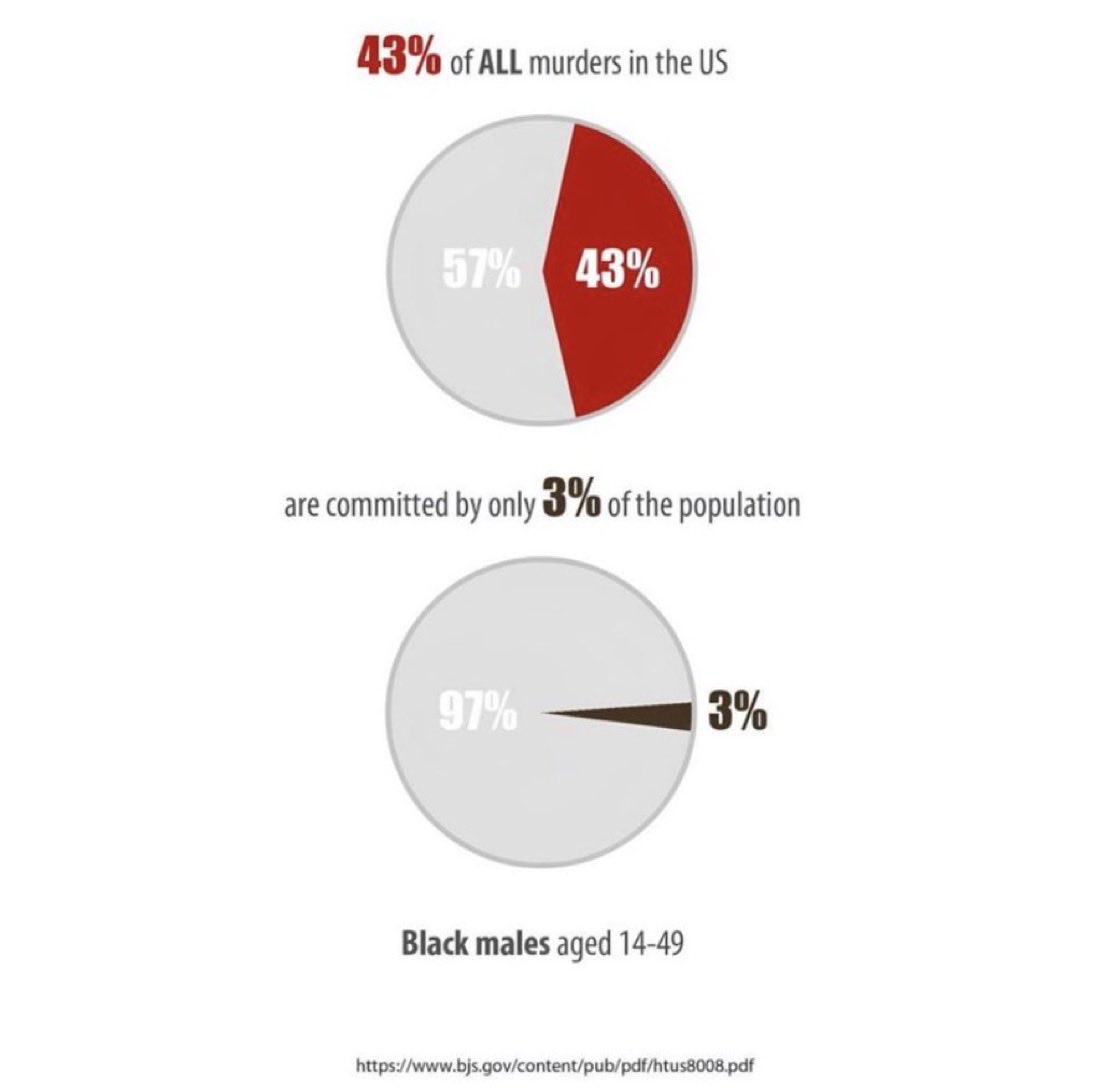Population as a whole don’t like wars. They don’t want to go into wars. They have to be fooled to reluctantly go into wars based on lies and misinformation.
#MilitaryIndustrialComplex combined with corrupt #media push nations into wars. A 🧵👇
#MilitaryIndustrialComplex combined with corrupt #media push nations into wars. A 🧵👇
A prev thread on wars
https://twitter.com/DeepBlueCrypto/status/1644315747013804033
Just looking at this ridiculous amount of money #MilitaryIndustrialComplex is wasting on Ukraine makes my blood boil with hate for our politicians and bureaucrats pushing for these regime changes and wars
https://twitter.com/DeepBlueCrypto/status/1602354288218574858
AS LONG AS JULIAN ASSANGE IS IN PRISON, WE ARE ALL IN PRISON. WHEN THE GOVERNMENT HAS THE POWER TO TELL US WHAT WE ARE ALLOWED TO SEE, HEAR AND KNOW, WE NO LONGER LIVE IN A FREE SOCIETY
#FreeAssange #FreeAssangeNOW
#FreeAssange #FreeAssangeNOW

Your government is least interested in stopping to lie, instead they’re terribly upset at those who expose their lies. 

The #MilitaryIndustrialComplex doesn’t want peace, they’re war mongers
EU wants war
NATO wants war
America wants war
You’ll never have peace if one side never wants peace. Simple.
EU wants war
NATO wants war
America wants war
You’ll never have peace if one side never wants peace. Simple.
https://twitter.com/KanekoaTheGreat/status/1647676957658849282
PRAGUE - Tens of thousands of people are protesting against the government, for spending too much money and energy on Ukraine and ignoring the needs of their own people.
Inflation now at 15% the people call for the globalist government to resign.
#MilitaryIndustrialComplex… twitter.com/i/web/status/1…
Inflation now at 15% the people call for the globalist government to resign.
#MilitaryIndustrialComplex… twitter.com/i/web/status/1…

As if America doesn’t threaten other countries already with endless wars and sanctions, this lunatic CEO is asking for more with AI for his personal gains… what could go wrong
https://twitter.com/brandongorrell/status/1648736878487814145
All wars are based on lies. Wars are old men lying, young men dying. Stop enlisting and dying for their lies. 

The Ukraine war and the Iraq war are the same thing. They both wanted regime change, except Putin is considered a war criminal, Bush not
Of course Victoria Nuland from America discussed democracy with Sudan 🇸🇩… no wonder it’s doing great 

Highest military spending since the end of cold war. Ukraine is pushing us slowly towards WW3 unless some sanity prevails and negotiations happen between NATO & Russia. 



Truth about what’s going on in Sudan 🇸🇩. Russia wants to establish a naval base on the coast of Sudan in the Red Sea and America is opposing this deal.
Stop your proxy wars in Africa now and get out America and Russia.
Stop your proxy wars in Africa now and get out America and Russia.
US military spending trumps other major powers combined by a mile. Cut military spending, close the bases and recall troops as RFK suggests. 

Every military conflict was a lie. Iraq was a lie and it destabilized the Middle East and spilled refugees into Syria etc. Afghanistan was a lie and the country literally fell back into the hands of Taliban. Ukraine Wasa lie and they keep lying.
https://twitter.com/kanekoathegreat/status/1650601037106118657
Victoria Nuland the undersecretary of state a Bush era neocon - instead of promoting diplomacy, she lights matches wherever she meddles, agitating for endless wars in Afghanistan, Iraq, Syria and now in Ukraine.
@codepink petition for awareness
codepink.org/bidenfirenuland
@codepink petition for awareness
codepink.org/bidenfirenuland

@sahouraxo is right - wherever Victoria Nuland goes, death and destruction follows 

Military spending, 2022.
China🇨🇳: $291 billion
India🇮🇳: $66 billion
Russia🇷🇺: $61 billion
UK🇬🇧: $55 billion
France🇫🇷: $51 billion
Japan🇯🇵: $48 billion
Germany🇩🇪: $46 billion
Italy🇮🇹: $33 billion
Brazil🇧🇷: $20 billion
Iran🇮🇷: $6 billion
Total: $677 billion
US🇺🇸 military… twitter.com/i/web/status/1…
China🇨🇳: $291 billion
India🇮🇳: $66 billion
Russia🇷🇺: $61 billion
UK🇬🇧: $55 billion
France🇫🇷: $51 billion
Japan🇯🇵: $48 billion
Germany🇩🇪: $46 billion
Italy🇮🇹: $33 billion
Brazil🇧🇷: $20 billion
Iran🇮🇷: $6 billion
Total: $677 billion
US🇺🇸 military… twitter.com/i/web/status/1…

Hey American politicians and #DeepState
Here’s an idea - stop wasting trillions of dollars on unnecessary wars & regime changes, take care of your own people, cities, borders, crimes and drug addiction issues
Here’s an idea - stop wasting trillions of dollars on unnecessary wars & regime changes, take care of your own people, cities, borders, crimes and drug addiction issues
Both Republicans & Democrats are part of #MilitaryIndustrialComplex 

No wonder USA and NATO nations don’t want an independent investigation on #Nordstream pipelines 

The War Department posted a reward for the capture of John Wilkes Booth, John Surrat, and David Harold, who murdered president Abraham Lincoln, April 20, 1865. 

US bio labs in China, Ukraine, Sudan that we know of. Where else do they have them, what else are they planning? 

WHO - Never let a good crisis go to waste!
Dangerous bio labs operate in Sudan with polio and measles samples, which has been attacked… releasing deadly pathogens into a fleeing population.
What’s next… declare a health emergency, grab more powers.
Dangerous bio labs operate in Sudan with polio and measles samples, which has been attacked… releasing deadly pathogens into a fleeing population.
What’s next… declare a health emergency, grab more powers.
Joe Rogan discusses Gen. Wesley Clark's statement that the US plans to take out seven countries, the fake propaganda used to justify the wars, and then millions of innocent people and children killed.
EVERY FREAKING WAR WAS BASED ON LIES & PROPAGANDA
EVERY FREAKING WAR WAS BASED ON LIES & PROPAGANDA
American government experiments with biological agents like Serratia marcescens, Bascillus globigii and Aspergillus fumigatus on its own people on crowded places like New York subways and San Francisco.
These are the ones documented, imagine what they did undocumented.
These are the ones documented, imagine what they did undocumented.
https://twitter.com/TheChiefNerd/status/1652437897855787010
• • •
Missing some Tweet in this thread? You can try to
force a refresh
























